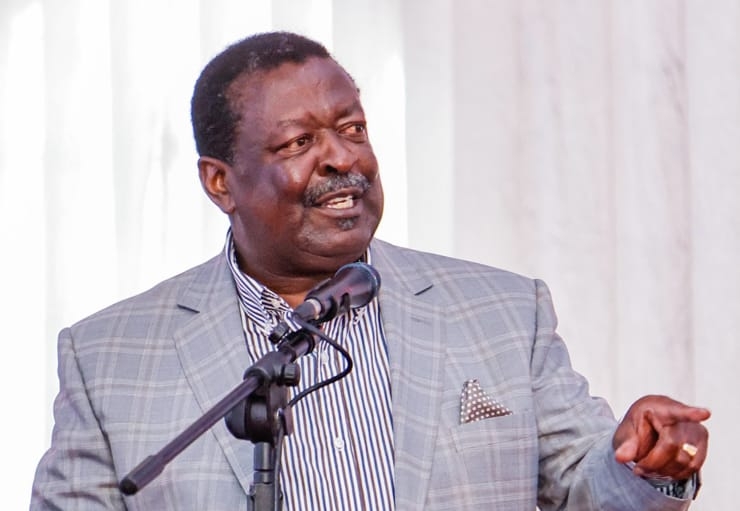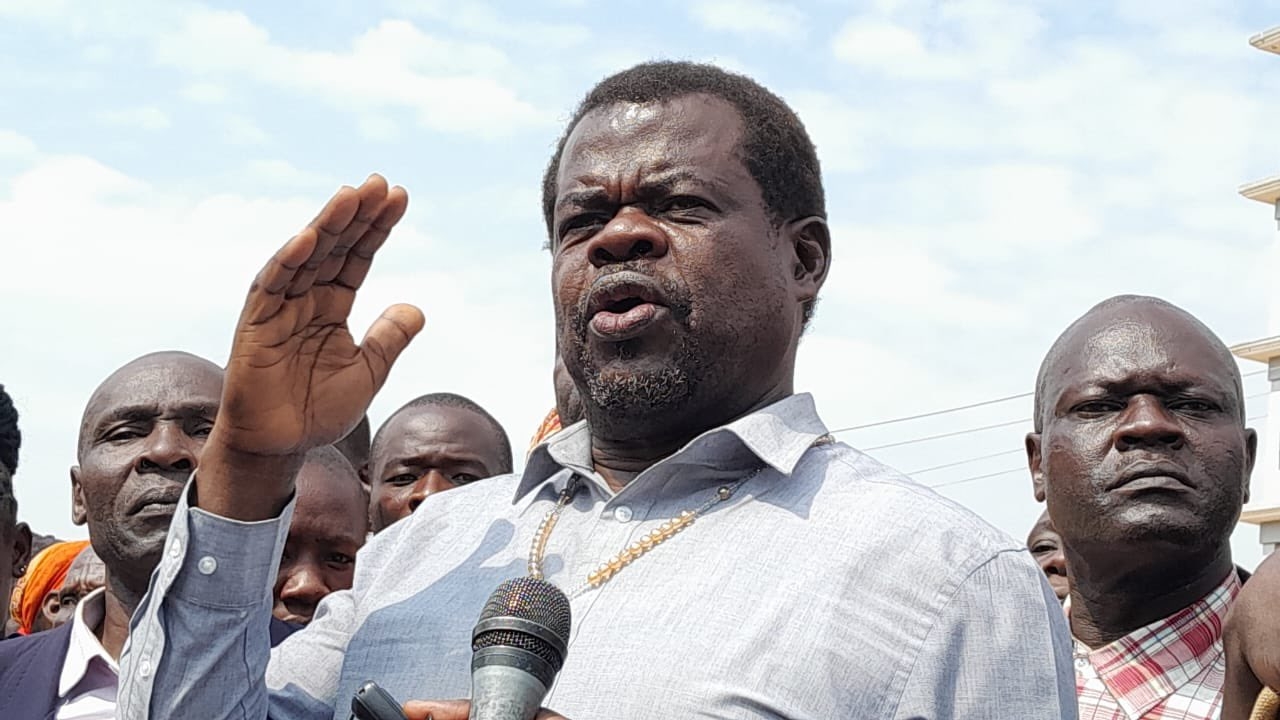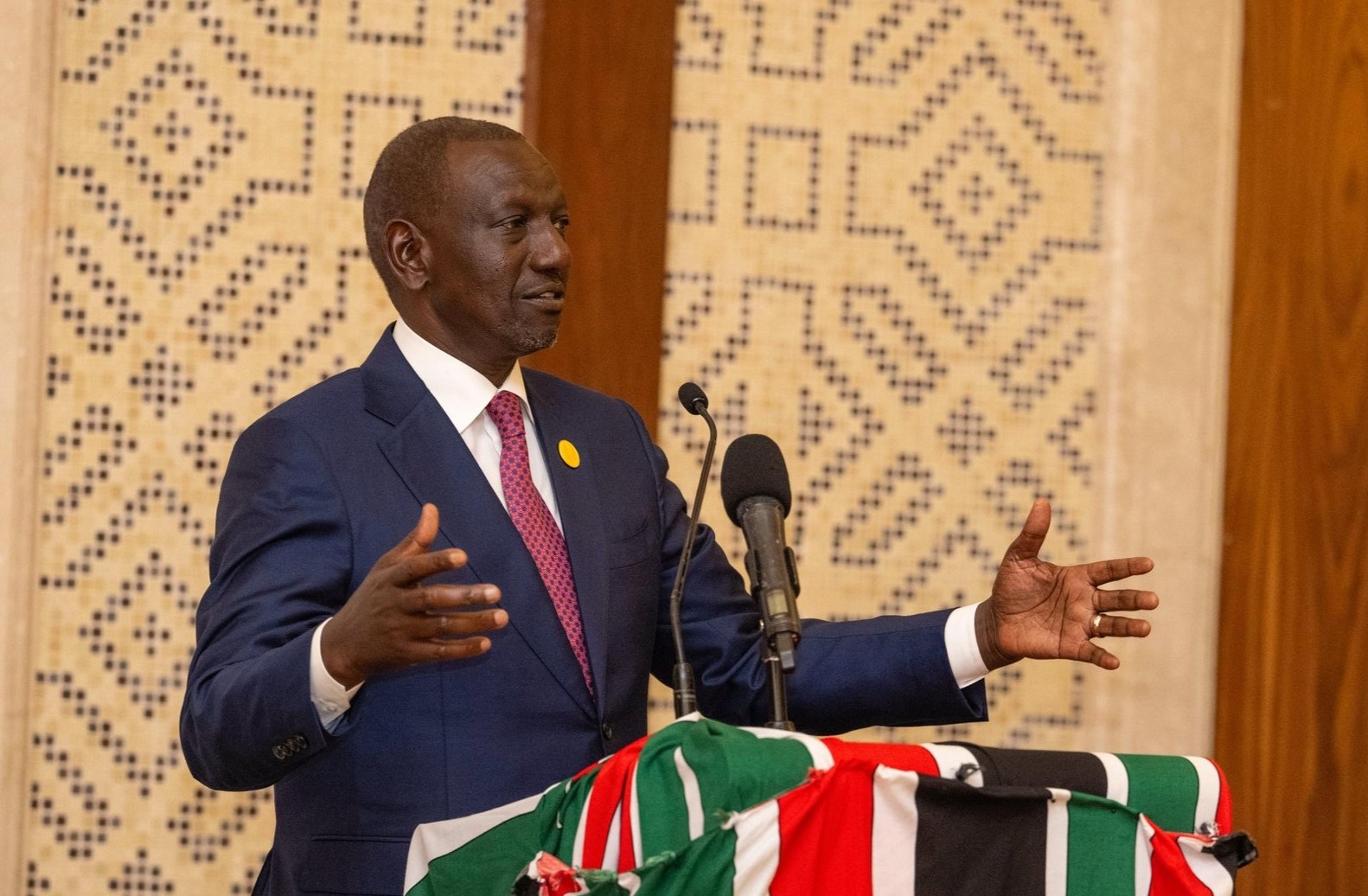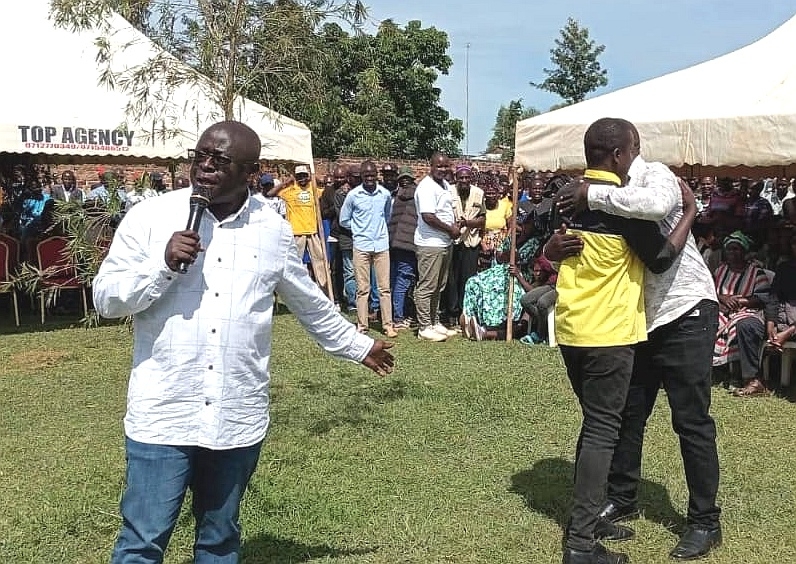The debate surrounding the issuance of bursaries returned to the House when a motion seeking to ensure free and compulsory basic education for all came up for discussion.
Just one month ago, Speaker of the National Assembly Moses Wetang’ula asked the Ministry of Education to provide information and data necessary for the formulation of a policy to guide the distribution of bursaries.
Wetang’ula hopes the new policy will ensure fairness and equity in the allocation of the funds.
“We have received a petition that notes that the current uncoordinated approach towards the issuance of bursaries and scholarships from public funds by the Ministry of Education, the National Government Constituencies Development Fund (NGCDF), and county governments has, in some instances, led to a duplication of awards,” Wetang’ula said.
Chief Justice Martha Koome waded into the discussion, stating education can become free if all the bursaries, loans, and scholarships the government offers are collapsed and consolidated into one fund.
During the week, MPs started debate on a motion seeking to reform the country’s education bursary schemes.
Sponsored by Nairobi Woman Rep Esther Passaris, the Motion seeks to consolidate bursary schemes into a unified system to enhance transparency, efficiency, and access to education.
“Education is a right, not a privilege,” Passaris said when moving the motion.
The Motion proposes collapsing all existing bursary schemes—including the National Government Constituencies Development Fund (NG-CDF), National Government Affirmative Action Fund (NGAAF), and other county and ward-based schemes—into one fund managed by the Ministry of Education.
Passaris maintained that no child should drop out of school due to financial constraints.
However, some MPs opposed attempts to take away millions from the National Government Constituencies Fund.
The MPs are also not letting go of the National Government Affirmative Action Fund, which also disburses around Sh1.5 billion in bursaries across the 47 counties.
NG-CDF allocates 35 per cent of the Sh137 million, amounting to about Sh48 million.
MPs were clear that they will not centralise the funds that have helped many needy students to access education.
The development puts in jeopardy a similar push for a law change to consolidate all the bursary schemes and provide free education in the country.
In a separate session, it emerged that only half of the students had paid the requisite university fees, as the reality of the new funding model sinks.
Education Cabinet Secretary Julius Ogamba told the National Assembly’s Education Committee only 75,000 students out of the 138,535 placed in public universities had managed to pay the fees.
MPs also debated a Bill that proposes the establishment of a comprehensive framework to govern the development and management of technopolis hubs across the country.
The Technopolis Bill (National Assembly Bill No. 6 of 2024) seeks to create the Technopolis Development Authority, a body that will oversee the planning, development, and governance of all technopolises.
The Bill has been sponsored by chairperson of the Committee on Communication, Information and Innovation John Kiarie (Dagoretti South).
"As we speak today, Konza remains the only Technopolis in Kenya, but with this Bill, we can pave the way for similar hubs across the country. From Wajir to Mandera. We can establish these innovation hubs to drive technological growth and economic development," the Dagoretti South MP said.
















